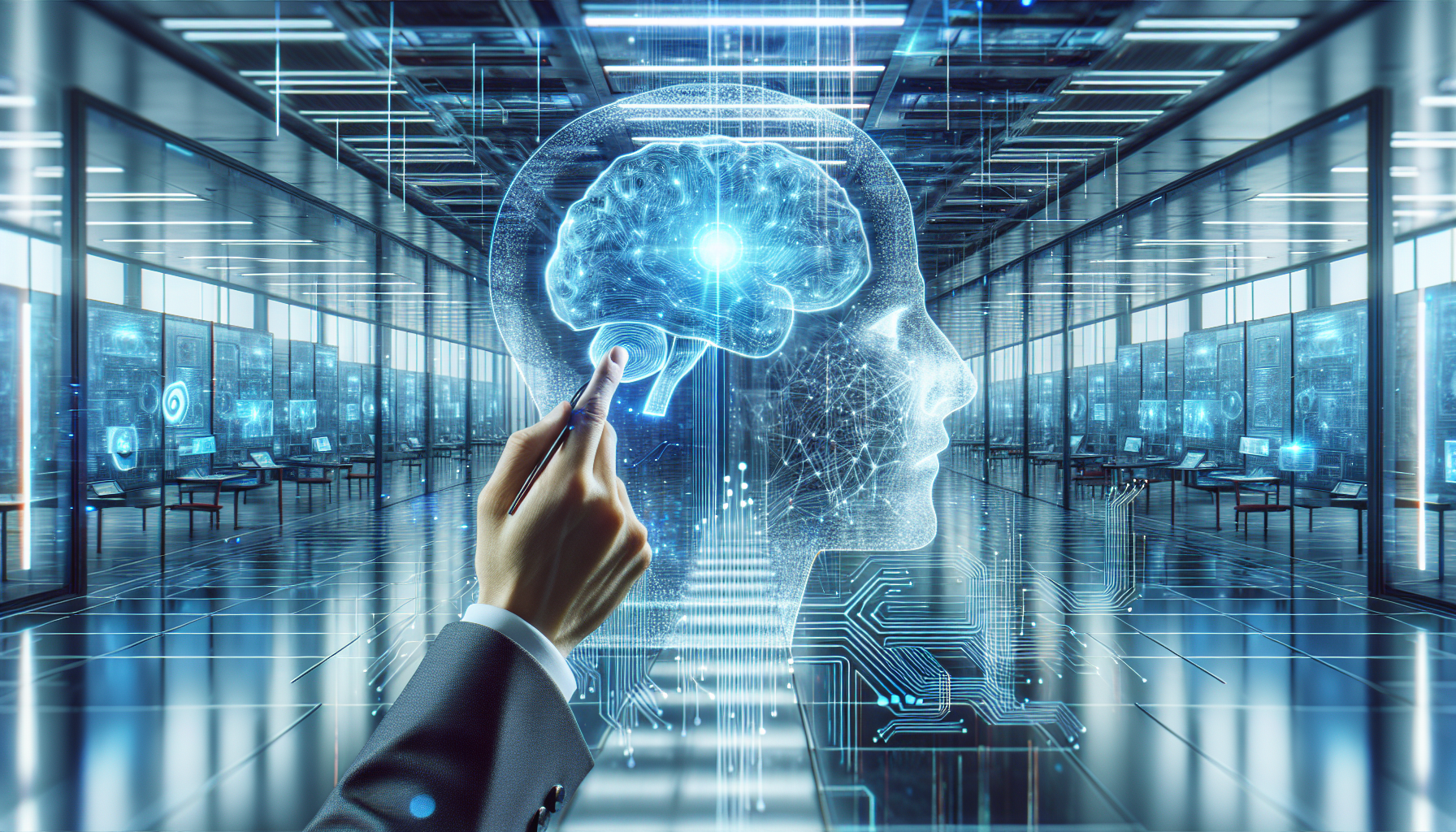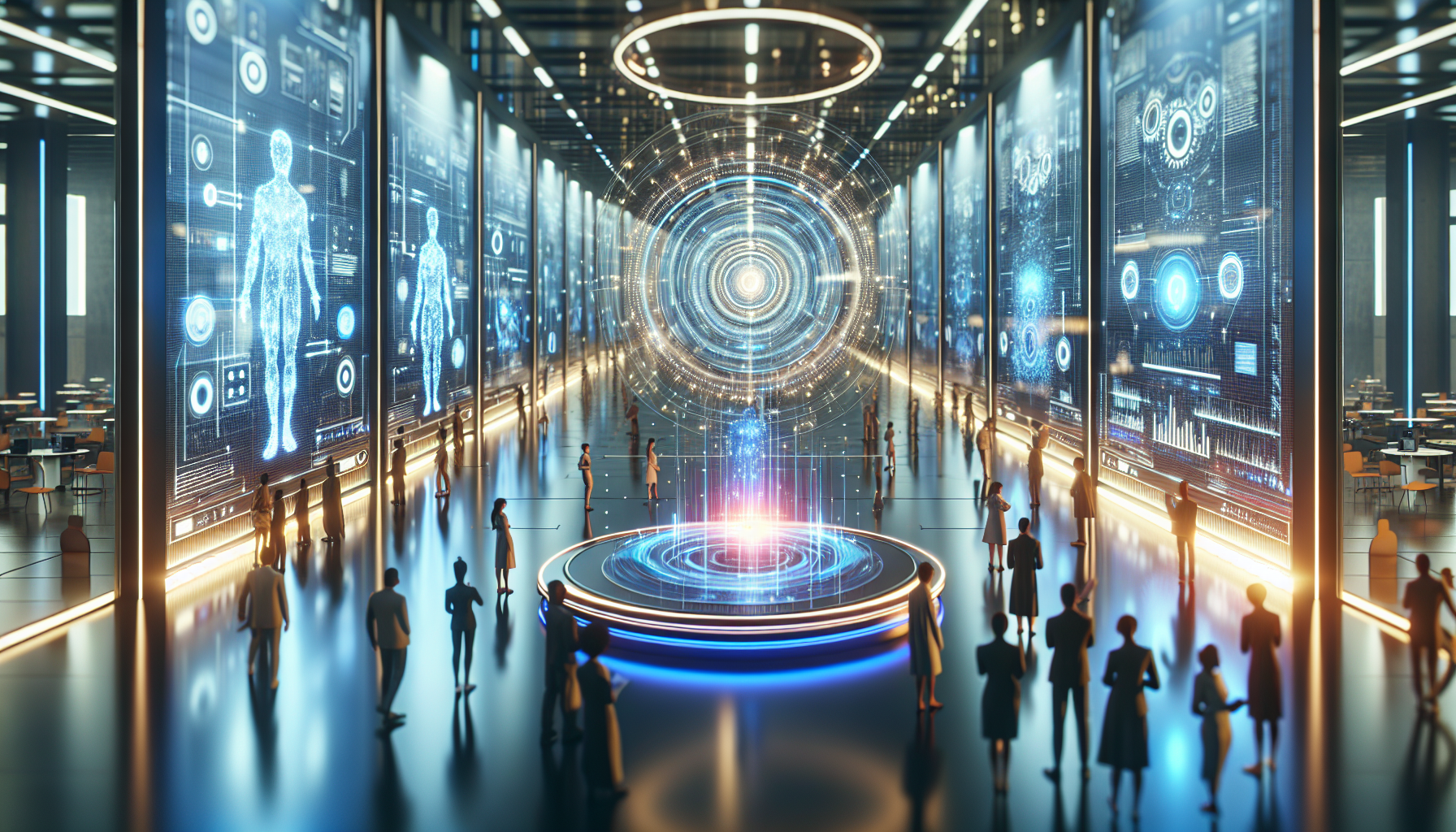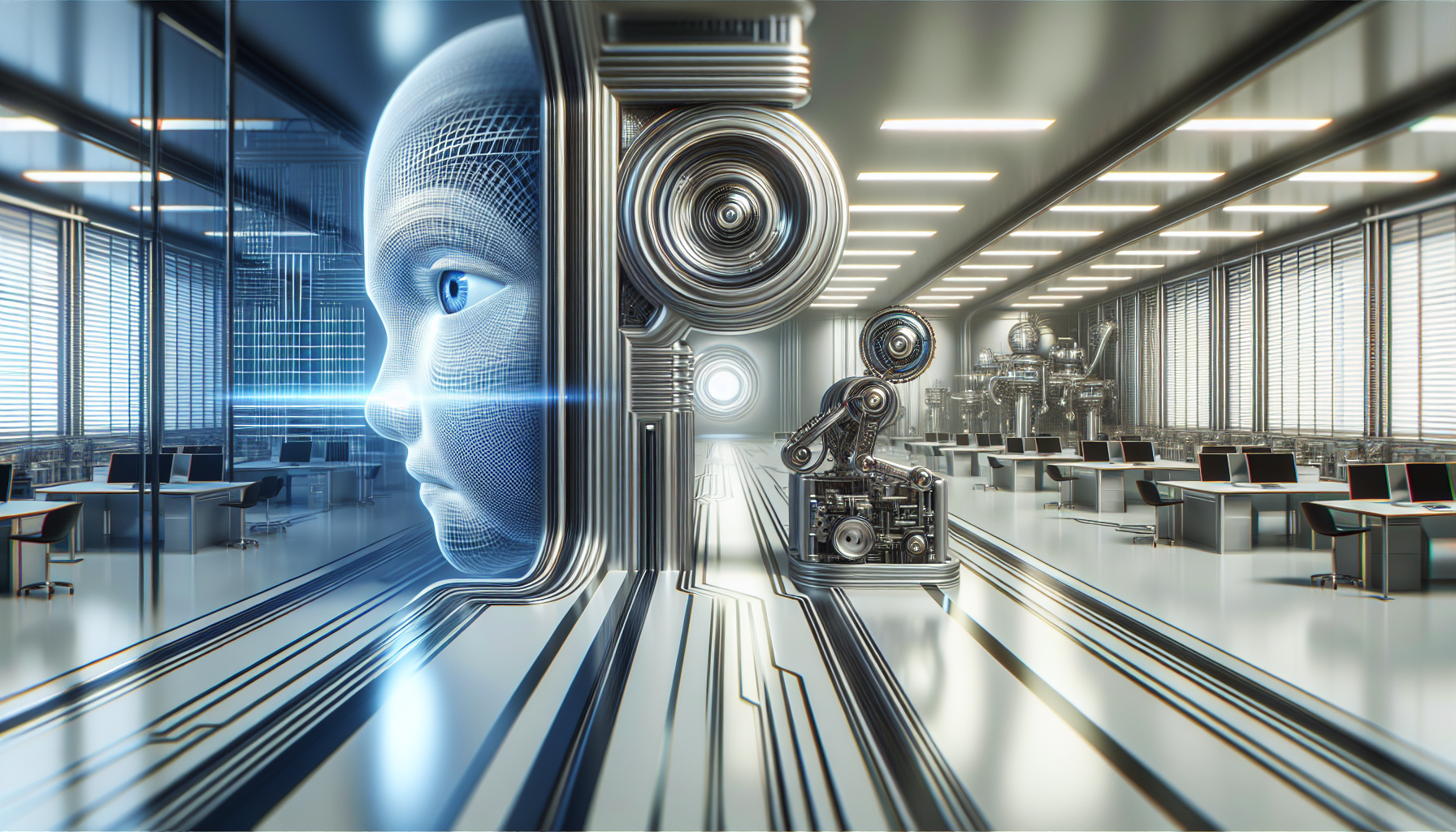
AI and Emotional Intelligence: Future Predictions on Understanding Human Emotions
April 30, 2025
Imagine a future where your virtual assistant not only knows your schedule but also senses when you're feeling down and suggests a playlist to lift your spirits. As artificial intelligence continues to revolutionize our world, one of the most intriguing areas of development is its potential to understand and interact with human emotions. Emotional intelligence, the ability to recognize, understand, and manage emotions, has long been considered a uniquely human trait. But what if machines could master it too?
At its core, emotional intelligence involves empathy, social skills, and emotional understanding. These are complex human behaviors that AI is now beginning to explore. The question is, how close are we to a future where AI can accurately read and respond to human emotions? Let’s dive into some possibilities and predictions about how this might unfold.
First, consider the role of AI in mental health. Emotional intelligence is crucial in therapy and counseling, where understanding a patient's emotions is key to effective treatment. Some AI systems are already being designed to assist therapists by analyzing a patient’s tone of voice, facial expressions, and word choice during sessions. These systems aim to provide therapists with a deeper understanding of their patients, potentially leading to more personalized and effective care. While AI isn’t replacing human therapists anytime soon, its ability to provide additional insights is a promising development.
Another fascinating aspect is the incorporation of emotional intelligence into customer service. Imagine calling a helpline and being greeted by an AI that not only understands your problem but also senses your frustration and responds with empathy. AI systems equipped with emotional intelligence could revolutionize customer service by making interactions more satisfying and effective. These systems could analyze customer sentiment in real-time, adapting responses to de-escalate tense situations and enhance overall customer satisfaction.
In education, AI with emotional intelligence could transform how teachers understand and support their students. By analyzing students’ facial expressions and engagement levels, AI could offer teachers insights into which students might need more attention, helping them tailor their teaching methods to better suit individual needs. This could lead to more inclusive and effective learning environments, where no student feels left behind.
However, as we move closer to emotionally intelligent AI, ethical considerations become more pressing. Privacy is a major concern. For AI to understand emotions, it needs access to personal data, such as voice recordings, facial expressions, and even physiological signals like heart rate. The question of how this data is collected, stored, and used is a significant one. Ensuring that AI systems are designed with robust privacy protections and transparency will be crucial in gaining public trust.
Moreover, there's the challenge of bias. Emotions are complex and can be expressed differently across cultures and individuals. AI systems need to be trained on diverse datasets to avoid perpetuating stereotypes or making incorrect assumptions. Achieving this requires careful design and ongoing evaluation, ensuring that these systems are fair and accurate in their emotional interpretations.
Looking ahead, the integration of emotional intelligence into AI could fundamentally change our relationship with technology. It could lead to machines that not only perform tasks but also understand and anticipate human needs, creating a more seamless and intuitive interaction. However, this also raises philosophical questions about what it means to be human. If machines can mimic emotional understanding, do they challenge the uniqueness of human emotions, or do they simply enhance our ability to connect?
As AI continues to evolve, its potential to understand and interact with human emotions will likely become an increasingly central topic of discussion. This future holds exciting possibilities, but also demands careful consideration of the ethical and societal implications. In a world where AI could become an emotional companion, how do we ensure that it serves to enhance, rather than diminish, our human experience?
The future of AI and emotional intelligence is a journey into uncharted territory. It invites us to rethink our interactions with technology and consider how these advancements might reshape our lives. As we stand on the brink of this new era, one can't help but wonder: could emotionally intelligent AI become a mirror that helps us better understand ourselves?


